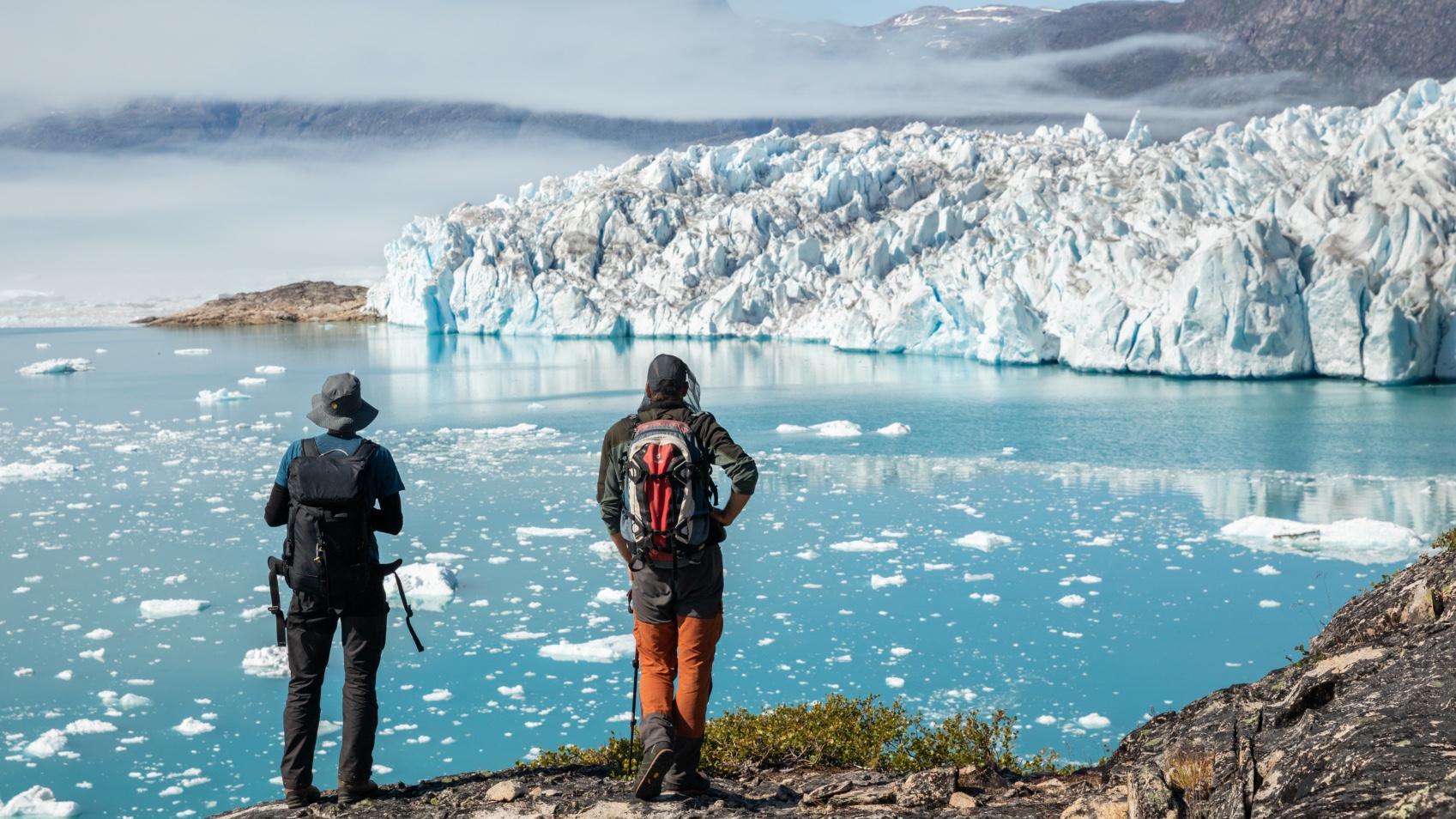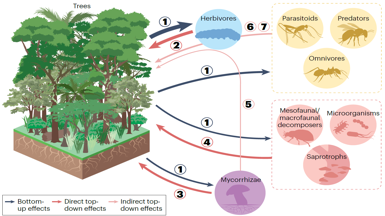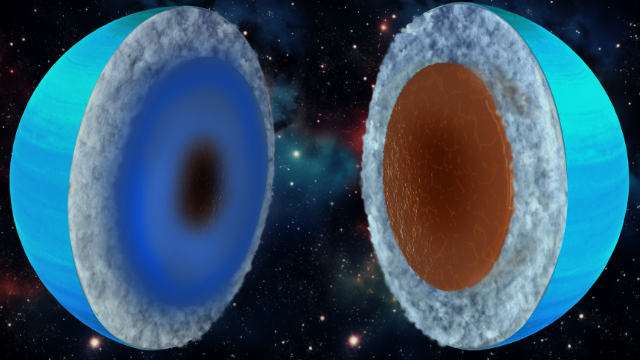Research

Research strengths
Based on our excellent basic research, we support interconnected, inter- and transdisciplinary research. We work across field and faculty boundaries and our research areas are not strictly delineated, but instead often closely interlinked.
How that looks like? The condition of glaciers is (no pun intended) a hot topic – in Switzerland, but also worldwide. Flagships of this research are theWorld Glacier Monitoring Service, theSwiss Polar Institute, theGlacier Monitoring in Switzerland and theSwiss Permafrost Monitoring Network.
Together with many researchers and under the leadership of theFaculty of Arts and Social Sciences UZH, we are investigating the questions what makes humans human and how we have found our language in the National Centre of Competence in ResearchNCCR Evolving Language.
We also focused on that topic in the University Research Priority Program (URPP)Language and Space. Likewise, in the Science Pavilion UZH we display the exhibitionWhat makes us human?.
We also literally enter "space" when exploring astrophysics and particle physics withESA andNASA,CERN or theLaboratori Nazionali del Gran Sasso and help to shape Uranus and Jupiter space missions from our Irchel Campus. TheNCCR PlanetS, with researchers from the Faculty of Science, also studies how planets form and evolve.
We studied biodiversity, global change, and evolution in two University Research Priority Programs:Evolution in Action: From Genomes to Ecosystems andGlobal Change and Biodiversity. With the Citizen Science initiativeCrowdWater, we also involve the general public in our research, and as co-organizer of theWorld Biodiversity Forum, we bring together key stakeholders.
This also touches on how we can make our future more sustainable - from energy generation and storage to recycling and environmentally friendly chemical compounds. For example, we explored artificial photosynthesis in the University Research Priority ProgramLightChEC: Converting Solar Light into Chemical Energy.
Research networks
Our researchers are prominently represented in local, national, and international networks, from other faculties at UZH to a wide range of universities worldwide.
We also maintain close scientific relationships with federal research institutions such asEawag (Swiss Federal Institute of Aquatic Science and Technology),Empa (Swiss Federal Laboratories for Materials Science and Technology) andWSL (Swiss Federal Institute for Forest, Snow and Landscape Research), as well as with thePaul Scherrer Institute (PSI),Agroscope,CERN, European Space Agency (ESA) or NASA, to name but a few. We maintain our international networks in the EU, UK, USA, China, Japan, India, Indonesia, Africa, and Australia, among others. In this way, our researchers always keep their pulse on the times and push the boundaries of knowledge in a global alliance.
Details on the research networks and research in them can be found on the pages ofour departments.


